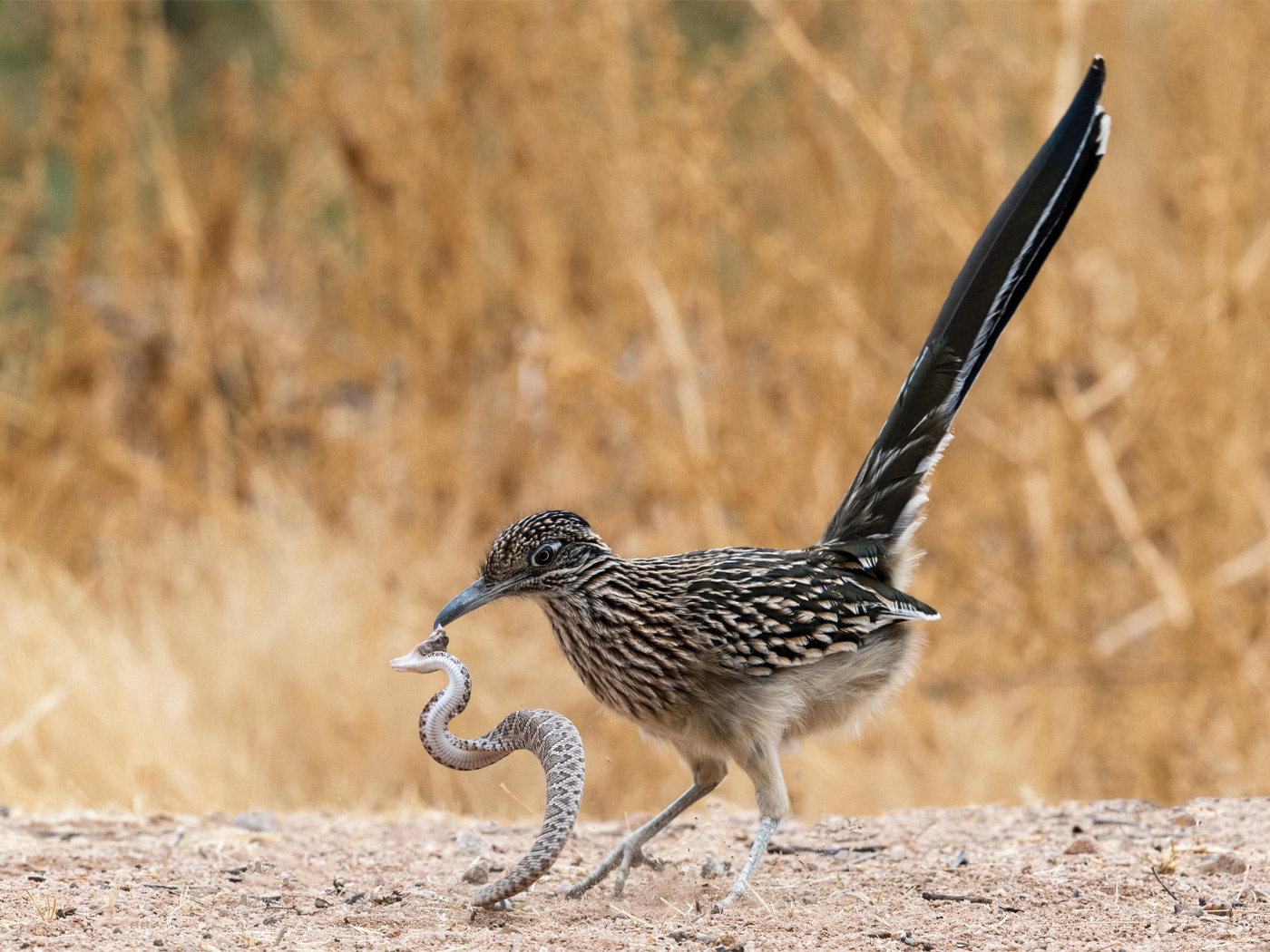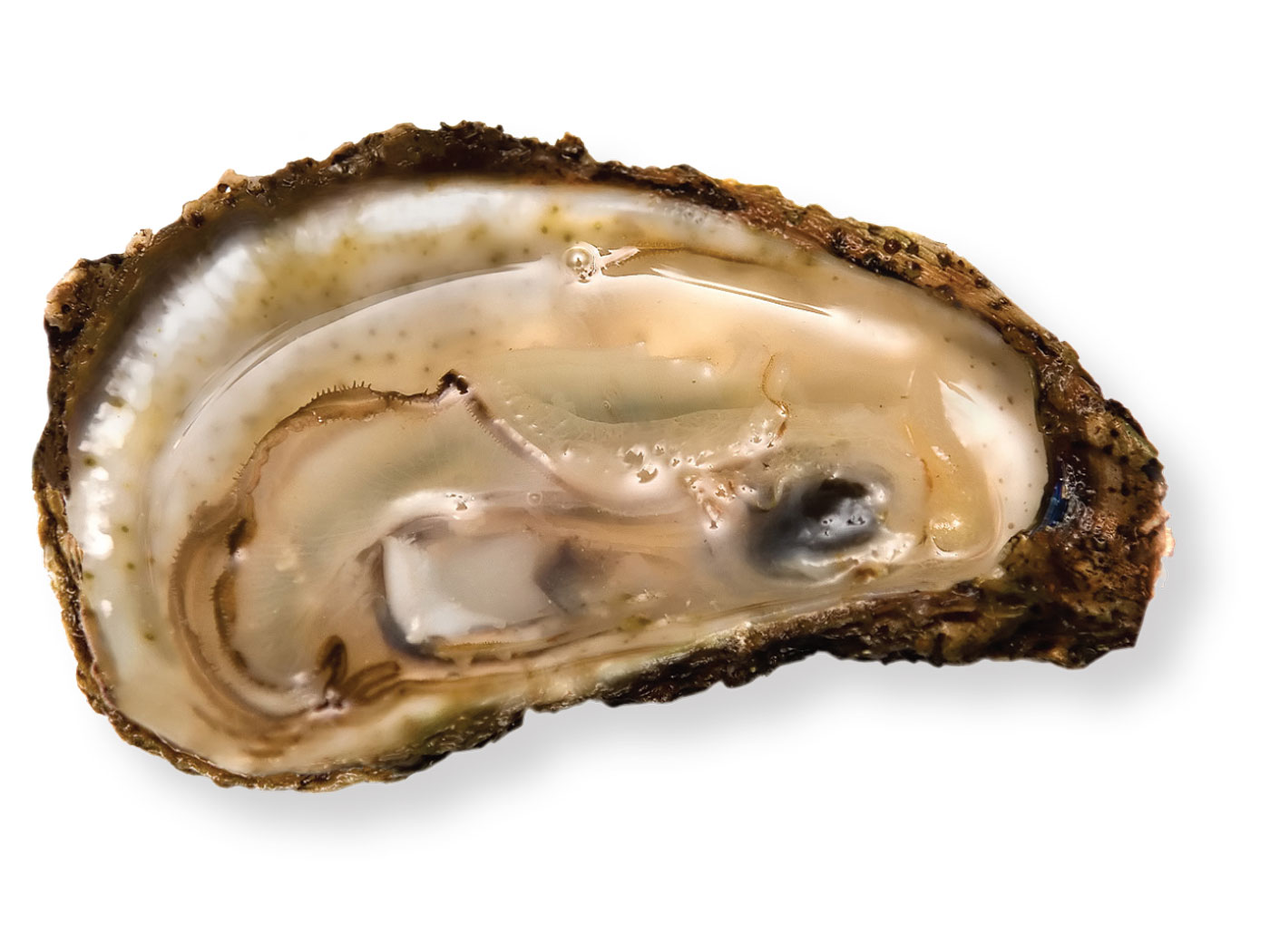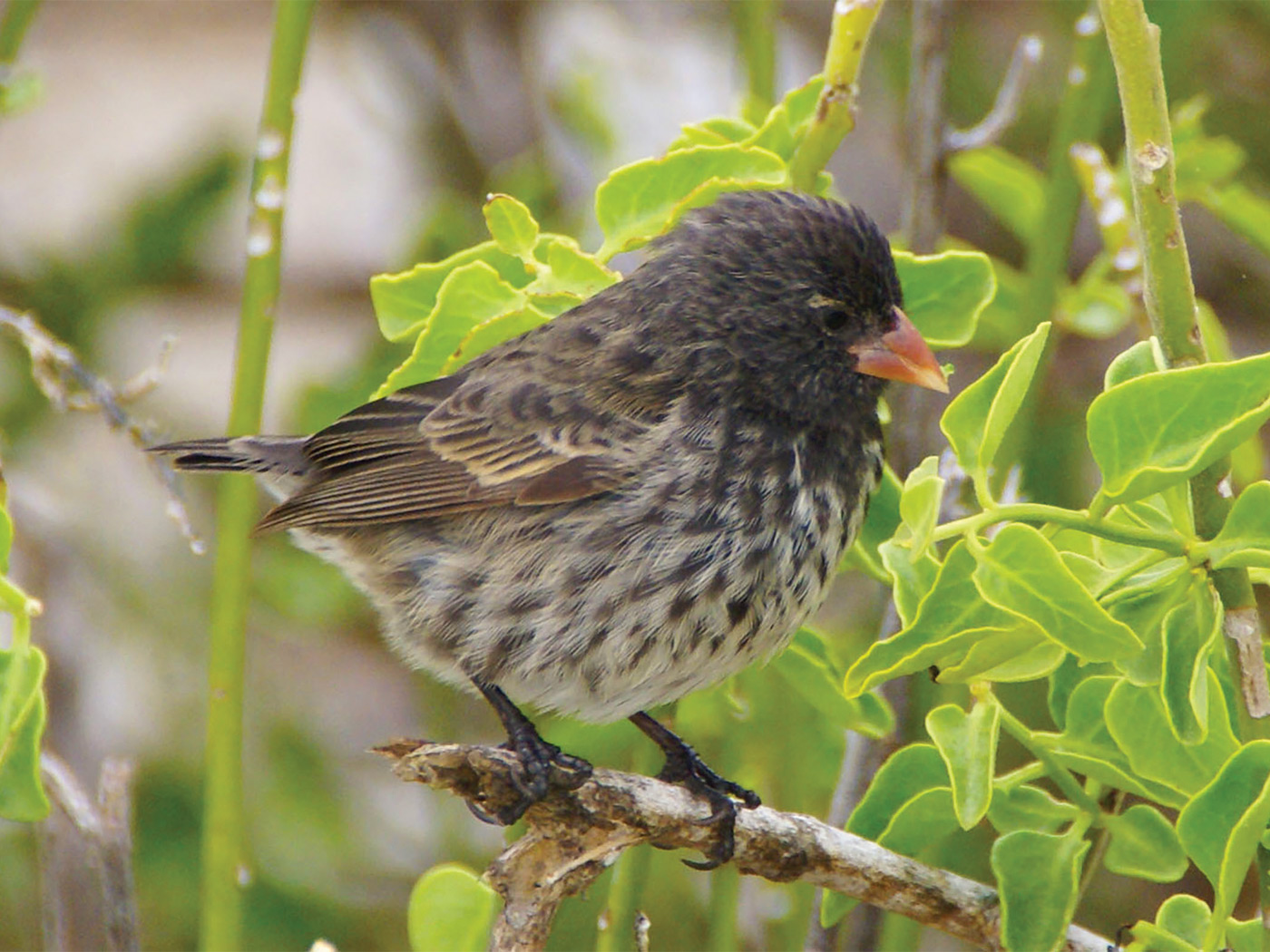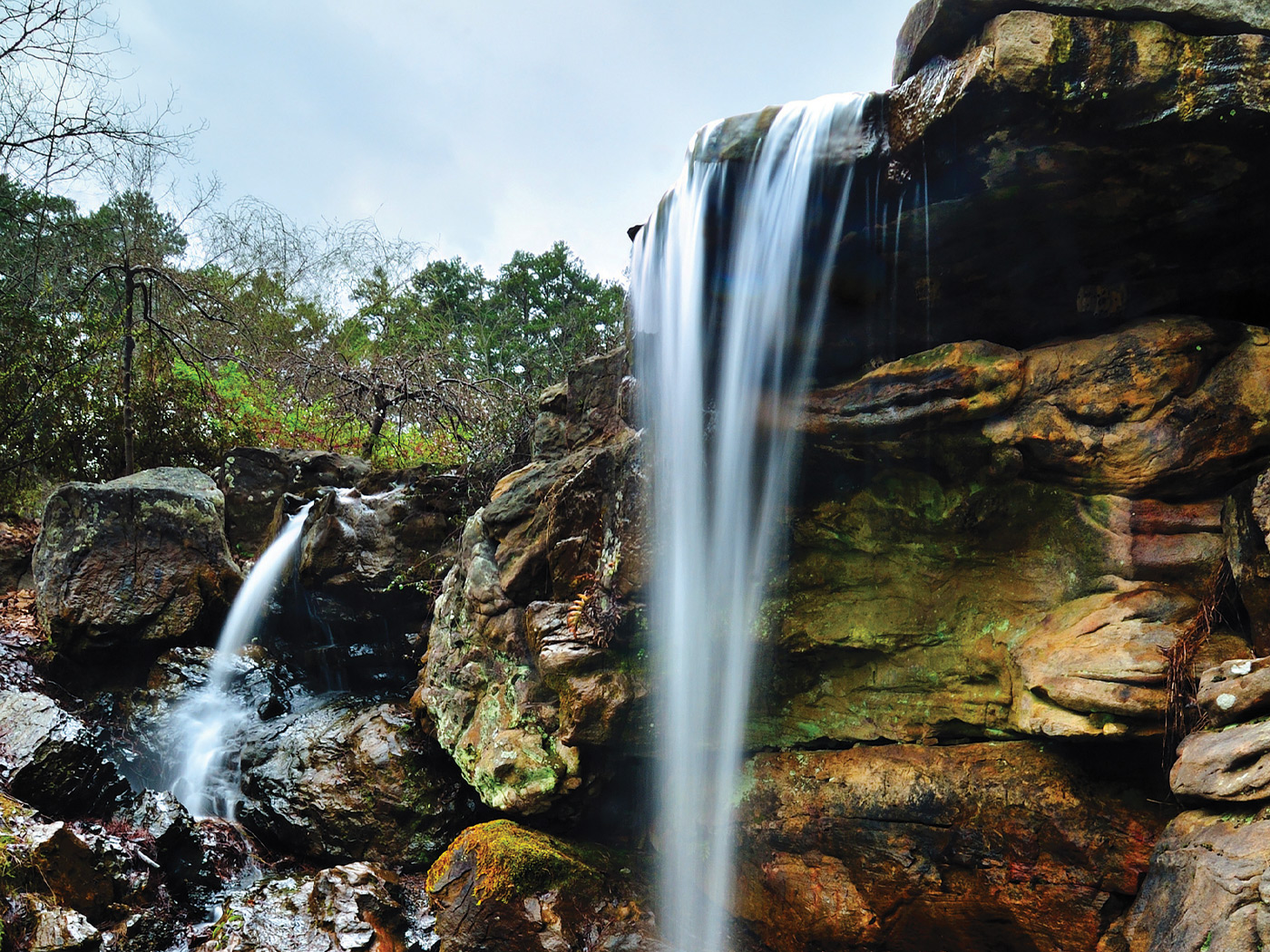“He made known his ways unto Moses, his acts unto the children of Israel.” (Psalm 103:7)
We have a distinct privilege, as believers, to know something of the “acts” of God. Scripture records many instances where He performed even miraculous deeds on behalf of His children.
There is perhaps a greater privilege—that of reflecting on His “ways,” as well. “Ways,” in this context, may be understood as God’s actions and behaviors that reflect His underlying character, resulting in His “acts.” Understanding His “ways” may not always be possible, “for as the heavens are higher than the earth, so are my ways higher than your ways, and my thoughts than your thoughts” (Isaiah 55:9), but nevertheless we are admonished to try and even pattern our own ways after His.
The people of Israel who had special knowledge of the “acts” of God were told to “walk in all the ways which the LORD your God hath commanded you, that ye may live, and that it may be well with you” (Deuteronomy 5:33). But, “oh that my people had hearkened unto me, and Israel had walked in my ways!” (Psalm 81:13). “There is a way which seemeth right unto a man, but the end thereof are the ways of death” (Proverbs 14:12).
The New Testament echoes this same teaching: “Your fathers tempted me, proved me, and saw my works forty years. Wherefore I was grieved with that generation, and said, They do alway err in their heart; and they have not known my ways. So I sware in my wrath, They shall not enter into my rest” (Hebrews 3:9-11).
Moses, an eyewitness to the many magnificent works of God on behalf of Israel, went beyond and discerned the “ways” of God, as our text teaches. Surely, he chose the better way. JDM
 Days of Praise Podcast is a podcast based on the Institute for Creation Research quarterly print devotional, Days of Praise. Start your day with devotional readings written by Dr. Henry Morris, Dr. Henry Morris III, and Dr. John Morris to strengthen and encourage you in your Christian faith.
Days of Praise Podcast is a podcast based on the Institute for Creation Research quarterly print devotional, Days of Praise. Start your day with devotional readings written by Dr. Henry Morris, Dr. Henry Morris III, and Dr. John Morris to strengthen and encourage you in your Christian faith.





















